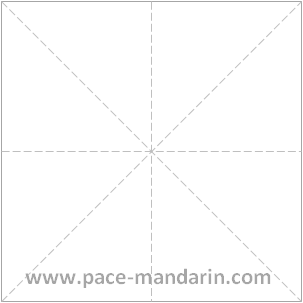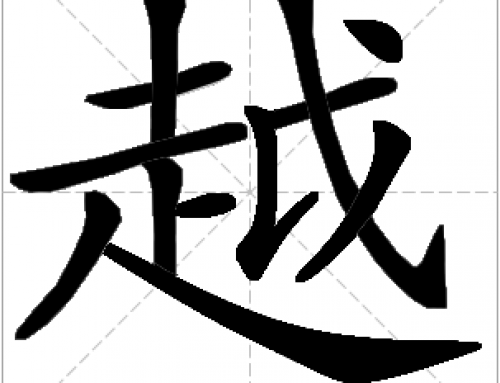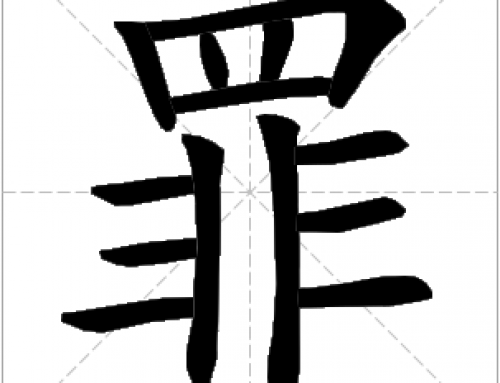 7 strokes
7 strokes
7 画
zǒu

zǒu
walk
- walk; go
- run; move
- leave; go away
- through; from
zǒu-fǎng
走访
v.
interview; have an interview with; pay a visit to; go and see
zǒu-hòu-ménr
走后门儿
v.
get in by the “back door”; get sth. done through personal connection and influence
zǒu-láng
走廊
n.
corridor; passage; passageway
zǒu-sī
走私
v.
smuggle; have extra-marital affairs
zǒu-wān-lù
走弯路
v.
roundabout way; detour
zǒu-xiàng
走向
v.
move towards; head for; turn into; march to; be in transition to
bēn-zǒu
奔走
v.
rush about; hasten; run
gǎn-zǒu
赶走
v.
stave off; vote out; dislodge; dive away
táo-zǒu
逃走
v.
run; flee
xíng-zǒu
行走
v.
walk; go on foot
zǒu-mǎ-kàn-huā
走马看花
observe the flowers from horseback; superficial understanding
zǒu-tóu-wú-lù
走投无路
find oneself cornered; find no way out
Usage 用法
walk; go
Bā ge yuè de hái-zi yǐ-jīng huì zǒu le.
八个月的孩子已经会走了。
A baby of eight months old can already walk.
run; move
Wǒ-de biǎo bù zǒu le.
我的表不走了。
My watch has stopped.
leave; go away
Míng-tiān tā yào zǒu le, nǐ bú qù sòng-song tā?
明天他要走了,你不去送送他?
Tomorrow he will leave. Won’t you go to see him off?
through; from
Zán-men zǒu zhè ge mén chū-qù ba.
咱们走这个门出去吧。
Let’s go out through this door.







